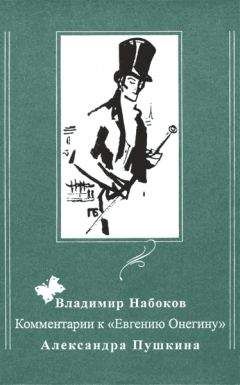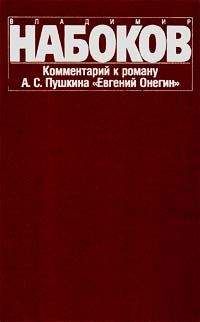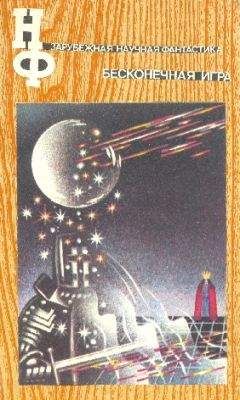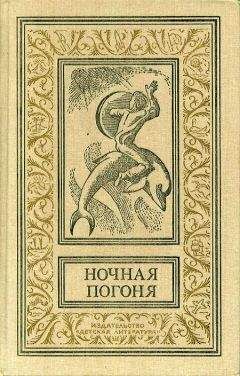[X]
Ennui!...
Onegin fares to Astrahan [XI], and from there to the[Caucasus:
He sees the wayward Térek
eroding its steep banks;
before him soars a stately eagle,
4 a deer stands, with bent horns;
the camel lies in the cliff's shade;
in meadows courses the Circassian's steed,
and round nomadic tents
8 the sheep of Kalmuks graze.
Afar [loom] the Caucasian masses.
The way to them is clear. War penetrated
beyond their natural divide,
12 across their perilous barriers.
The banks of the Arágva and Kurá
saw Russian tents.
Now, the eternal watchman of the waste,
Beshtú, compressed around by hills,
stands up, sharp-peaked,
4 and, showing green, Mashúk,
Mashúk, of healing streams dispenser;
around its magic brooks
a pallid swarm of patients presses,
8 the victims, some of martial honor,
some of the Piles, and some of Cypris.
In waves miraculous the sufferer
plans to make firm the thread of life.
12 To leave the wicked years' offenses at the bottom
[plans] the coquette, and the old man
[plans] to grow young — if only for a moment.
Onegin, nursing bitter meditations,
among their sorry tribe,
with a gaze of regret
4 looks at the smoking streams and muses,
bedimmed with rue: Why in the breast
am I not wounded by a bullet?
Why am I not a feeble oldster
8 like that poor farmer-general?
Why like a councilman from Tula
am I not lying paralyzed?
Why in the shoulder do I not
12 at least feel rheumatism? Ah, Lord,
I'm young, life is robust in me,
what have I to expect? Ennui, ennui!...
Onegin then visits the Tauris [Crimea]:
land sacred unto the imagination:
there with Orestes argued Pylades;
there Mithridates stabbed himself;
12 there sang inspired Mickiéwicz
and in the midst of coastal cliffs
recalled his Lithuania.
Beauteous are you, shores of the Tauris,
when from the ship one sees you by the light
of morning Cypris, as I saw you
4 for the first time.
You showed yourselves to me in nuptial splendor.
Against a blue and limpid sky
shone the amassments of your mountains.
8 The pattern of valleys, trees, villages
was spread before me.
And there, among the small huts of the Tatars...
What ardency awoke in me!
12 With what magical yearnfulness
my flaming bosom was compressed!
But, Muse, forget the past!
Whatever feelings then lay hidden
within me — now they are no more:
they went or changed....
4 Peace unto you, turmoils of former years!
To me seemed needful at the time
deserts, the pearly rims of waves,
and the sea's rote, and piles of rocks,
8 and the ideal of “proud maid,”
and nameless pangs.
Other days, other dreams;
you have become subdued,
12 my springtime's high-flung fancies,
and unto my poetic goblet
I have admixed a lot of water.
Needful to me are other pictures:
I like a sandy hillside slope,
before a small isba two rowans,
4 a wicket gate, a broken fence,
up in the sky gray clouds,
before the thrash barn heaps of straw,
and in the shelter of dense willows
8 a pond — the franchise of young ducks.
I'm fond now of the balalaika
and of the trepak's drunken stomping
before the threshold of the tavern;
12 now my ideal is a housewife,
my wishes, peace
and “pot of
shchi but big myself.”
The other day, during a rainy spell,
as I had dropped into the cattle yard —
Fie! Prosy divagations,
4 the Flemish School's variegated dross!
Was I like that when I was blooming?
Say, Fountain of Bahchisaray!
Were such the thoughts that to my mind
8 your endless purl suggested
when silently in front of you
Zaréma I imagined?...
Midst the sumptuous deserted halls
12 after the lapse of three years, in my tracks
in the same region wandering, Onegin
remembered me.
I lived then in dusty Odessa....
There for a long time skies are clear.
There, stirring, an abundant trade
4 sets up its sails.
There all exhales, diffuses Europe,
all glitters with the South, and brindles
with live variety.
8 The tongue of golden Italy
resounds along the gay street where
walks the proud Slav,
Frenchman, Spaniard, Armenian,
12 and Greek, and the heavy Moldavian,
and the son of Egyptian soil,
the retired Corsair, Moralí.
Odessa in sonorous verses
our friend Tumanski has described,
but at the time with partial eyes
4 he gazed at it.
Upon arriving, he, like a true poet,
went off to roam with his lorgnette
alone above the sea; and then
8 with an enchanting pen
he glorified the gardens of Odessa.
All right — but there, in point of fact,
is a bare steppe around;
12 in a few places recent labor
has forced young boughs on sultry days
to give compulsory shade.
But where, pray, was my rambling tale? “In dusty
Odessa,” I had said.
I might have said “in muddy
4 Odessa” — and indeed would not have lied there either.
For five-six weeks a year
Odessa, by the will of stormy Zeus,
is flooded, is stopped up,
8 is in thick mud immersed.
Some two feet deep all houses are embedded.
Only on stilts does a pedestrian
dare ford the street. Chariots and people
12 sink in, get stuck; and hitched to droshkies
the ox, horns bent, replaces
the debile steed.
But the sledge-hammer breaks up stones already,
and with a ringing pavement soon
the salvaged city will be covered
4 as with an armor of forged steel.
However, in this moist Odessa
there is another grave deficiency,
of — what would you think? Water.
8 Grievous exertions are required....
So what? This is not a great sorrow!
Particularly since wine is
imported free of duty.
12 But then the Southern sun, but then the sea...
What more, friends, could you want?
Blest climes!
Time was, no sooner did the sunrise gun
roar from the ship
than, down the steep shore running,
4 I would be on my way toward the sea.
Then, sitting with a glowing pipe,
enlivened by the briny wave,
like in his paradise a Moslem, coffee
8 with Oriental grounds I quaff.
I go out for a stroll. Already the benevolent
Casino's open: the clatter of cups
resounds there; on the balcony
12 the marker, half asleep, emerges
with a broom in his hands, and at the porch
two merchants have converged already.
Anon the square grows freaked [with people].
All is alive now; here and there
they run, on business or not busy;
4 however, more on businesses.
The child of Calculation and of Venture,
the merchant goes to glance at ensigns,
to find out — are the skies
8 sending to him known sails?
What new wares have
entered today in quarantine?
Have the casks of expected wines arrived?
12> And how's the plague, and where the conflagrations,
and is not there some famine, war,
or novelty of a like kind?
But we, fellows without a sorrow,
among the careful merchants,
expected only oysters
4 from Tsargrad's shores.
What news of oysters? They have come. O glee!
Off flies gluttonous juventy
to swallow from their sea shells
8 the plump, live cloisterers,
slightly asperged with lemon.
Noise, arguments; light wine
onto the table from the cellars
12 by complaisant Automne[2] is brought.
The hours fly by, and the grim bill
meantime invisibly augments.





